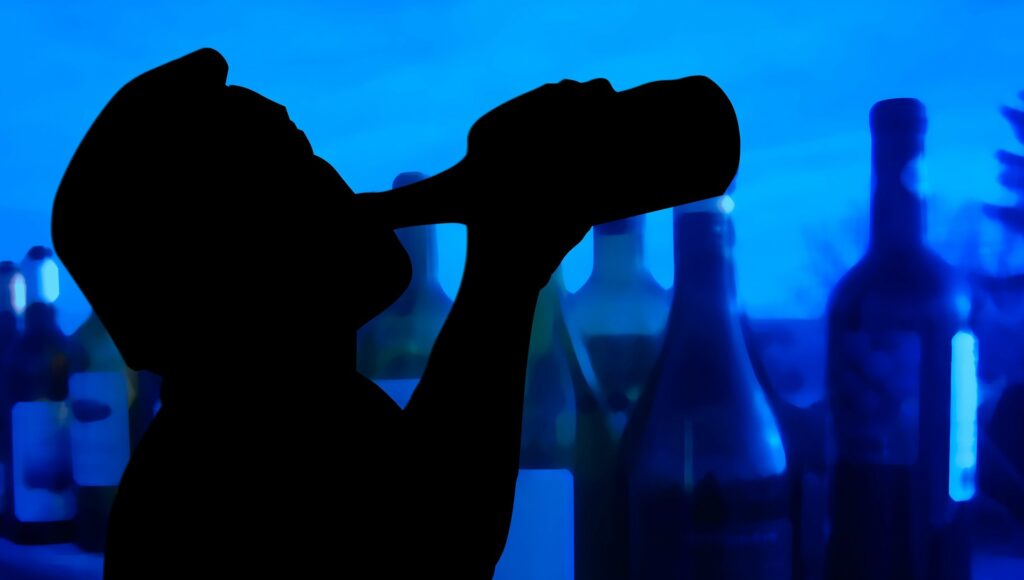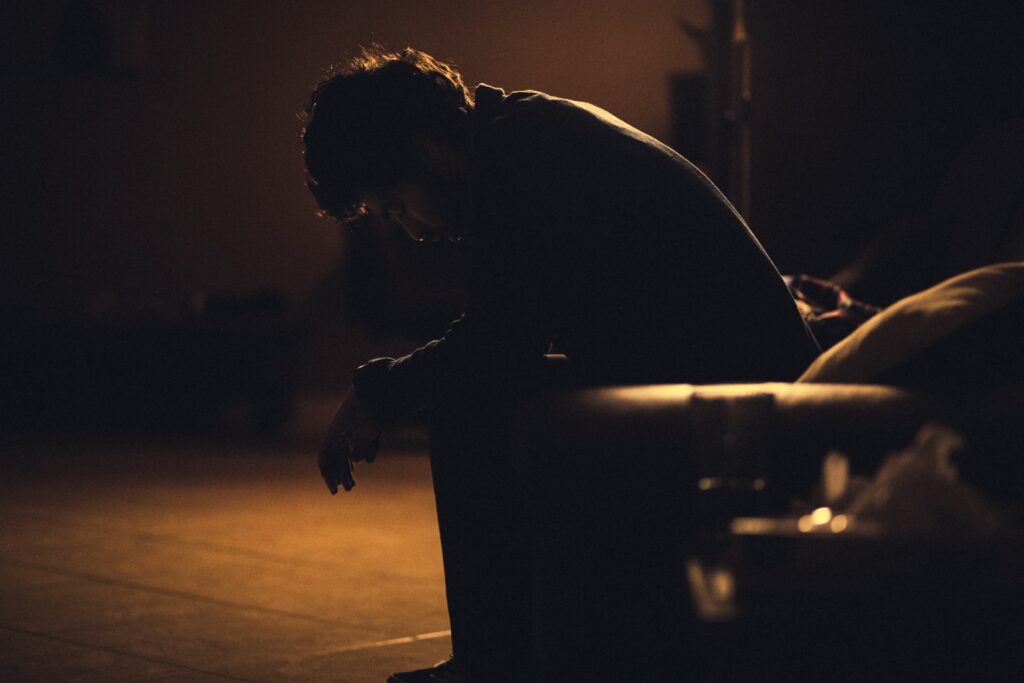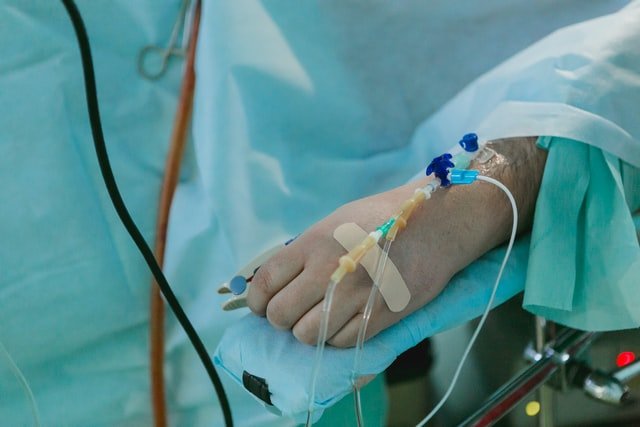- Home
- Get Help for Addiction
- Alcoholism And Students
Alcoholism And Students
There is no doubt that drinking alcohol is an integral part of many people’s experiences at university and college.
However, there is also no doubting the fact that excessive alcohol consumption can cause detrimental effects on an individual’s health, both physically and mentally.
With excessive amounts of alcohol being consumed on university and college campuses across the world, the effects of alcohol consumption can cause a great pressure and strain on both campus services and students.
Drinking excessively and binge drinking, often throughout the week, does create a lot of health and social issues amongst students.
What Is Binge Drinking?

Despite the fact that students tend to binge drink on a weekly basis whilst at college and university, most people are unaware of what is actually defined as binge drinking.
The NIAAA defines binge drinking as when a person consumes enough alcohol so that their blood alcohol concentration exceeds 0.08%.
For the normal adult, this means drinking approximately five or more alcohol drinks in a short space of time.
This short space of time is generally within 120 minutes.
The Statistics

When it comes to looking into students and alcohol addiction, it is really important to understand the statistics.
Alcohol addiction within the UK is a public health issue.
In fact, between 2018 and 2019 there were approximately 358,000 people admitted to hospital due to an alcohol related issue.
Out of these hospital admissions, 5,698 people unfortunately died.
However, when it comes into looking at students and alcohol addiction specifically, there is slightly less data.
A study carried out by the National Union of Students highlighted that 2% of all students surveyed admitted to drinking almost every day.
On top of this, a shocking 23% admitted to drinking at least 2 or 3 days a week, on a weekly basis.
Nevertheless, of these students surveyed, a total of 21% stated that they consciously do not drink alcohol.
This could be for a number of reasons -for example, some might simply not like the taste, or it could be for religious reasons.
Social Pressure

Of the students surveyed who do drink on a regular basis, 60% said that they actually found it hard to turn down alcohol whilst in a social setting, and 38% said that they drink alcohol as it helps them to feel at ease during a social setting.
There is a strong culture of drinking within most universities and colleges all over the world.
Social expectations and pressure often make it extremely hard for people to escape drinking on a regular basis.
In fact, 76% of all students surveyed by the NUS said that they feel significant pressure and expectation to get drunk from other students.
This is true for most students, even those who did not drink on a regular basis prior to attending university.
For example, 47% of all students surveyed admitted that they knew they would be drinking a lot more than they used to whilst at university before they attended.
This level of pressure and expectation to drink at university can create a real mental and physical strain on students.
Due to this, universities try to educate their students with campaigns on the dangers of excessive alcohol consumption.
Off the back of these campaigns, 1 in 10 students are aware of their university campaigning for safe drinking.
Nevertheless, only 1% of these students have ever tried to get involved with these campaigns.
The Dangers Of College Alcoholism

Bad Grades
Drinking alcohol excessively whilst at university or college can result in poor grades.
In fact, approximately one quarter of all university and college students state that they struggle with their studies due to their alcohol consumption.
For example, students are more likely to miss a class or fail an assignment or exam due to drinking excessively the night before.
Putting your Health at Risk

Drinking alcohol excessively without a doubt puts your health at risk, regardless of your age.
Below is a list of just some of the short term ways thT drinking alcohol excessively can put your health at risk:
- If you drink too much alcohol in a short space of time (binge drinking) then you will suffer from alcohol poisoning
- You are more likely to engage in violent behaviour
- You are more likely to be involved in a car accident
- You are more likely to engage in unsafe sex
- You are more likely to suffer a miscarriage or stillbirth if you drink whilst pregnant
However, excessive alcohol consumption over a long period of time does create more long term effects.
Some of these more long term consequences include:
- Being at risk of liver disease
- Being at risk of developing cancer (this includes breast cancer, mouth cancer, liver cancer and colon cancer)
- Heart disease
- Strokes
- High blood pressure
- A poor and weak immune system, making you more susceptible to developing a cold or flu
- Difficulty with remembering both long and short term
- Mental health issues such as paranoia, depression, bipolar disorder and anxiety
- Financial and social issues such as losing a job, friends, relationships or close family members
Violence

Drinking alcohol excessively does increase the chance of an individual becoming engaged or involved in violent behaviour.
In fact, a study carried out by the NIAAA found that approximately 696,000 students across the UK (between the ages of eighteen and twenty-four) were assaulted by someone else who was intoxicated with alcohol at the time of the assault.
Alcohol consumption often makes people feel increasingly confident and emotional, often resulting in confrontation and arguments.
Unfortunately, lots of people -particularly students- are also sexually assaulted by someone who is intoxicated with alcohol.
Unfortunately, one in every five females at university are sexually assaulted whilst there.
This is both a shocking and sad statistic.
Signs of Alcoholism in College Students

If you think someone is addicted to alcohol whilst at university or college, then you should look out for the common warning signs that someone is struggling.
Whilst everyone’s struggle with alcohol addiction is different, there are some very common warning signs to look out for.
Some of these warning signs include:
- Putting on a bit of weight or starting to look different physically
- Getting easily frustrated, angry or violent
- Being unable to stop drinking even when they know that they should
- Drinking by themselves
- Drinking during the daytime
- Not working or studying as hard as they used to
- Poor time management
- A lack of motivation
- Difficulty sleeping
Treatment

There are many different treatment options available for people who are addicted to alcohol.
For example, if rehab is not for you then you should aim to attend self-help groups such as the AA.
However, if you suffer from a severe addiction then you will most likely need to attend rehab in order to recover from your addiction to alcohol.
Once you are admitted to alcohol, then you will firstly need to undergo a physical detox in order to rid your body of the alcohol it craves so much.
From here, you will then be required to attend therapy with qualified professionals.
During the therapy process, you will gain access to some of the world’s best therapy techniques such as CBT, DBT, Motivational Interviewing, holistic therapy and family therapy.
Getting Help

If you or someone you know is struggling with an addiction to alcohol whilst being a student, then it is important to understand that there is help available.
You can start by talking to your university or college tutor, your local GP, or by ringing our support team on 0800 088 6686.
No matter what addiction you may be struggling with, you don’t have to tackle it alone.


